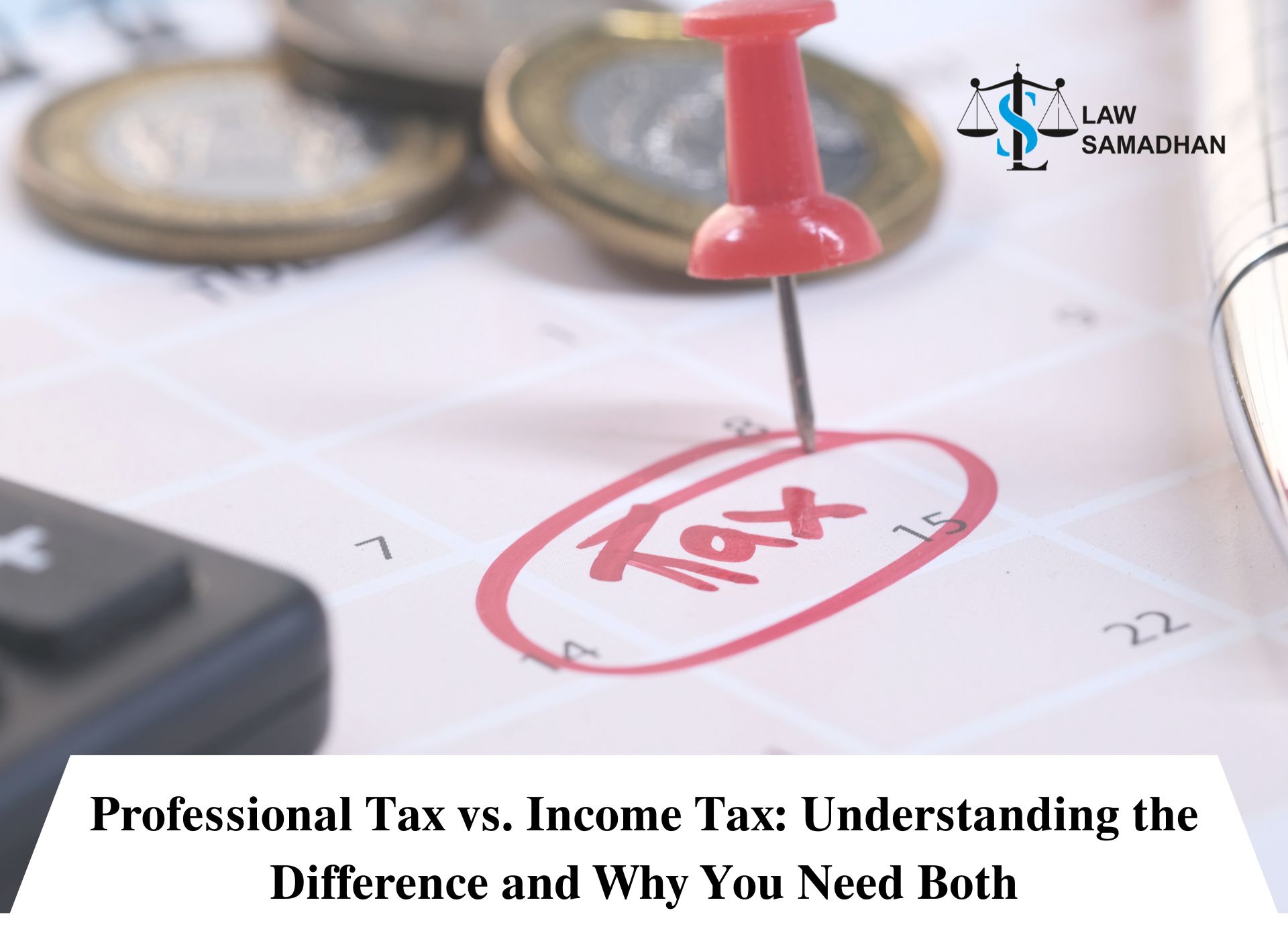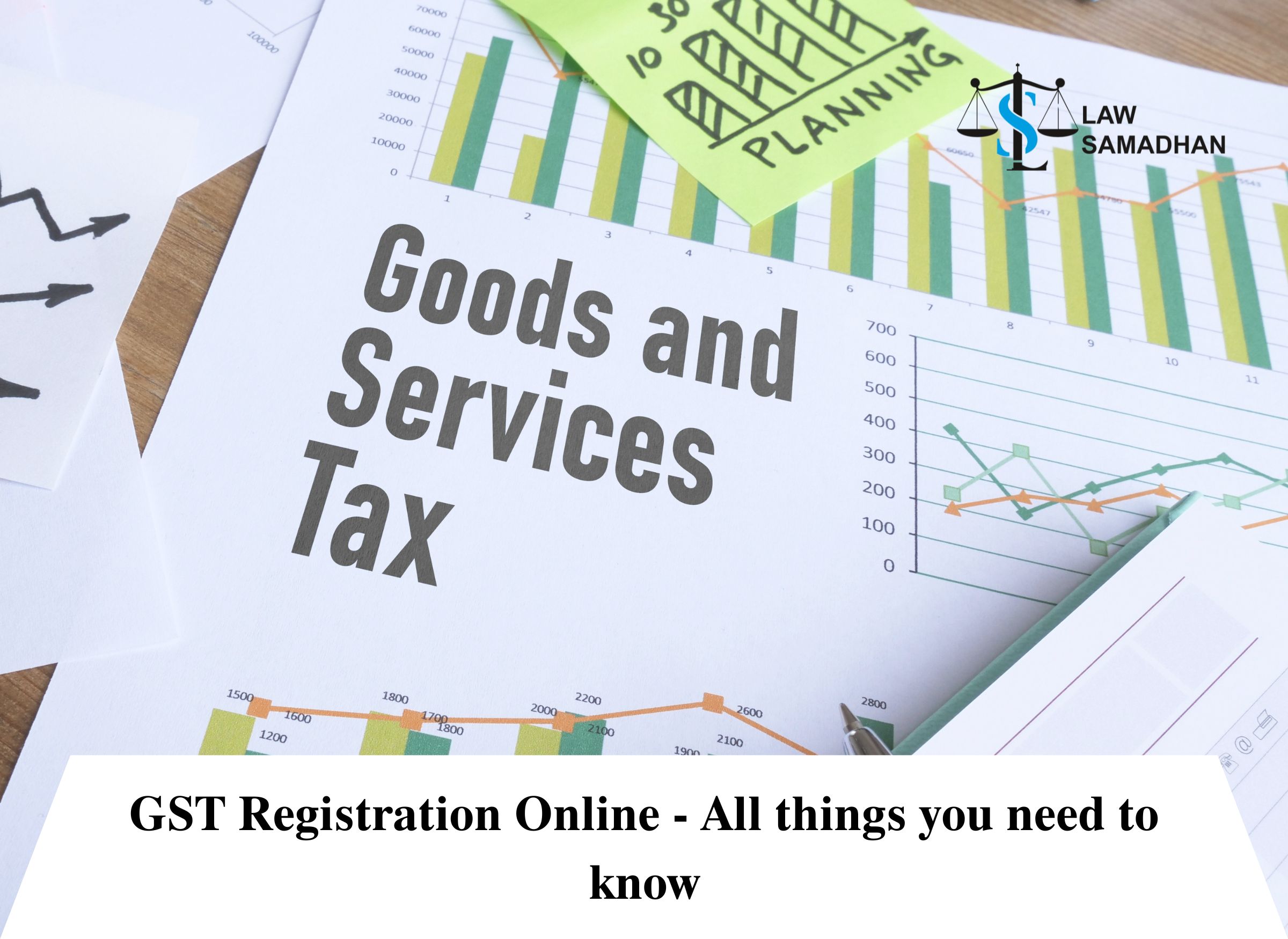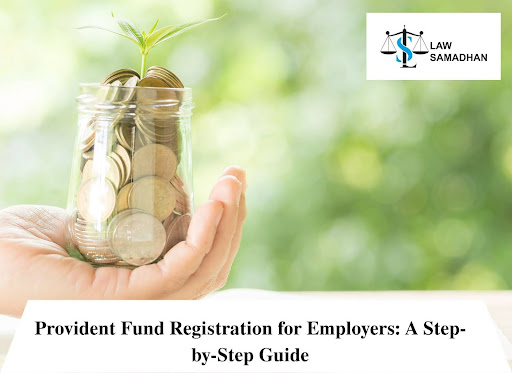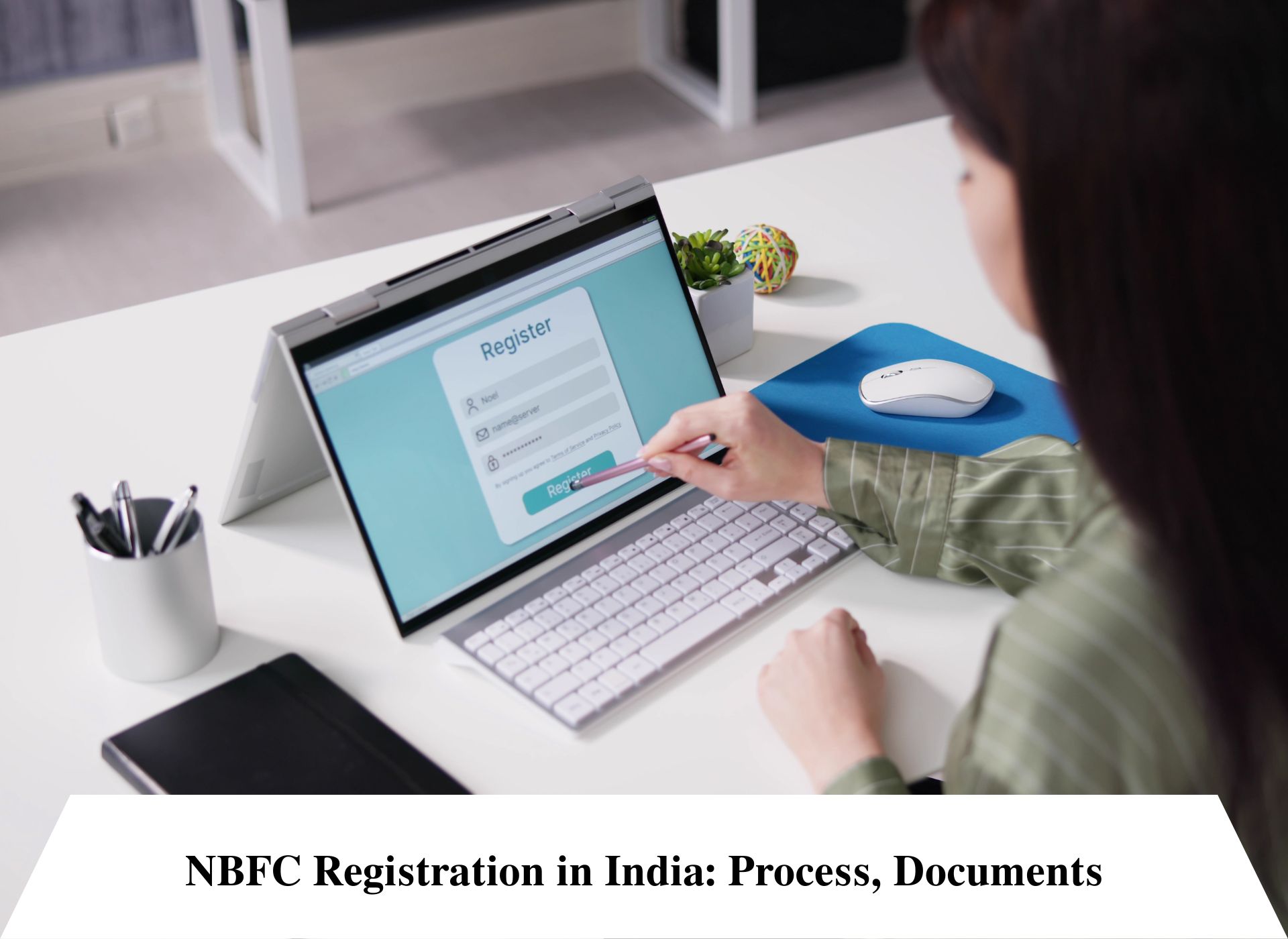In India, navigating the tax landscape can sometimes feel like walking a tightrope. Two crucial taxes often cause confusion: professional tax and income tax. While both are levied on your earnings, they differ significantly in their purpose, administration, and applicability. This blog aims to demystify these two taxes, helping you understand their key distinctions and the importance of paying both.
What is Professional Tax?
Professional tax is a minor levy imposed by state governments in India on income earned from professions, trades, or callings. It’s a direct tax, meaning it’s deducted at the source for salaried individuals or paid directly by professionals with independent earnings.
Key Points About Professional Tax:
- Levied by: State Governments (Not applicable in all states)
- Purpose: Generate revenue for state-level development initiatives.
- Applicability: Salaried individuals, freelancers, self-employed professionals.
- Rate: Varies depending on the state and income slab.
- Payment: Deducted at source for salaried individuals, directly paid by others.
- Deductible: Can be claimed as a deduction while filing income tax returns.
Who Needs to Pay Professional Tax?
The applicability of professional tax varies across states. Here’s a general guideline:
- Salaried Individuals: Most states levy professional tax on salaried individuals, which is deducted by the employer and deposited to the state government.
- Self-Employed Professionals: Professionals like doctors, lawyers, chartered accountants, consultants, etc., typically need to register and directly pay professional tax to their respective state governments.
- Freelancers: Freelancers earning income above the exemption limit set by the state might need to register and pay professional tax.
Here are some resources to find out if your state levies professional tax and the applicable rates:
- State Government Websites
- Income Tax Department Website
- Professional Tax Consultants
What is Income Tax?
Income tax is a tax levied by the central government of India on your total income during a financial year. It’s a broader tax encompassing income from various sources, including salaries, investments, business profits, rental income, and more.
Key Points About Income Tax:
- Levied by: Central Government of India
- Purpose: Generate revenue for national development and government programs.
- Applicability: Individuals and entities with taxable income exceeding the exemption limit.
- Rate: Slabs with progressive rates – higher income attracts higher tax.
- Payment: Filed annually through Income Tax Return (ITR) filing.
- Non-Deductible: This cannot be claimed as a deduction for further tax reduction.
Who Needs to Pay Income Tax?
You are liable to pay income tax in India if your total income during the financial year exceeds the basic exemption limit set by the government. This limit varies depending on your age and filing status. For instance, the basic exemption limit for individuals below 60 years old in FY 2023-24 is ₹5 lakhs.
Understanding Income Tax Slabs and Rates:
The Income Tax Act, 1961, categorizes taxable income into slabs with varying tax rates. As your income increases, the tax rate applied to a higher portion of your income also increases, following a progressive taxation system. You can find the latest income tax slabs and rates on the Income Tax Department website.
Benefits of Filing Income Tax Returns (ITR):
Even if your income falls below the taxable limit, filing an ITR can be advantageous. It establishes a clean tax record, helps claim tax refunds for deductions, and is essential for various financial purposes like loan applications or visa processing.
Key Differences Between Professional Tax and Income Tax
Here’s a table summarizing the key differences between professional tax and income tax:
| Feature | Professional Tax | Income Tax |
| Levied By | State Governments | Central Government |
| Purpose | State-level development | National development |
| Applicability | Salaried, Self-employed | Individuals & Entities |
| Rate Structure | Varies by state & income slab | Slab system with progressive rates |
| Payment Method | Deducted at source / Direct Payment | ITR Filing |
| Deductible from Income Tax | Yes | No |
Why Do You Need to Pay Both Professional Tax and Income Tax?
While both taxes might seem like a double burden, each serves a distinct purpose. Professional tax contributes to the development of your state, while income tax supports national initiatives. Paying both ensures you fulfill your tax obligations and contribute to the nation’s overall growth.
Here’s a deeper dive into the reasons why you need to pay both professional tax and income tax:
- Fulfilling Your Civic Duty: Paying taxes is a fundamental civic duty. It allows the government to generate revenue for crucial services like infrastructure development, public education, healthcare, and social welfare programs. Both professional tax and income tax contribute to this collective effort.
- Targeted Development: Professional tax directly benefits your state. The revenue collected is used for local initiatives like improving roads, public transport, sanitation facilities, and educational institutions. By paying professional tax, you contribute directly to the development of your state’s infrastructure and social services.
- Nation-Building: Income tax, on the other hand, supports national development programs. The central government utilizes this revenue for various purposes such as national defense, public sector undertakings, social security schemes, and infrastructure projects of national importance. Paying income tax ensures you play a part in building a stronger and more developed India.
- Compliance and Benefits: Both professional tax and income tax returns are crucial for tax compliance. A clean tax record is essential for various purposes like applying for loans, visas, or government benefits. Additionally, timely filing of income tax returns can lead to tax refunds if you have availed of deductions and exemptions.
Understanding Your Tax Liability:
It’s important to understand your tax liability for both professional tax and income tax. Here are some resources that can help:
- State Government Websites: These websites typically provide information on professional tax rates applicable in your state and the registration process for self-employed individuals.
- Income Tax Department Website: The Income Tax Department website (https://www.incometax.gov.in/iec/foportal/) offers a wealth of information on income tax slabs, deductions, exemptions, and the ITR filing process.
- Professional Tax Consultants: Consulting a professional tax advisor can be beneficial, especially if you have complex tax filing requirements or run a business.
By paying both professional tax and income tax, you contribute to the development of your state and the nation as a whole. Remember, a well-functioning tax system forms the backbone of a prosperous society.
In conclusion, Professional Tax and Income Tax are two distinct taxation systems with their own set of rules and regulations. Understanding the differences between them is crucial to ensure compliance and avoid legal issues. While Professional Tax is a state-level levy on professionals and businesses, Income Tax is a central tax on personal and business income. Complying with both is essential for a financially sound and legally compliant financial journey. If you have further questions or require assistance with tax matters, consult with professionals or legal experts to ensure you meet your tax obligations while maximizing your savings.
Frequently Asked Questions
- Do I need to pay both professional tax and income tax?
Yes, if you are liable to pay both taxes according to your income and state regulations. Professional tax applies to most salaried individuals and some self-employed professionals, while income tax applies to individuals and entities with taxable income exceeding the exemption limit.
- How do I know if I need to pay professional tax?
The applicability of professional tax varies by state. You can check the website of your state government or the Income Tax Department website for details on professional tax in your state.
- How is professional tax different from income tax deducted from my salary?
Professional tax is a separate levy deducted by your employer and deposited with the state government. Income tax, on the other hand, is calculated on your total income (including salary) and needs to be filed through an Income Tax Return (ITR).
- Can I claim professional tax paid as a deduction while filing income tax returns?
Yes, the professional tax you paid during the financial year can be claimed as a deduction while filing your income tax return.
- What happens if I don’t pay professional tax or income tax?
Non-payment of either tax can lead to penalties and legal action by the respective government authorities.
- Where can I find professional tax return forms?
Professional tax returns are not usually filed by individuals. However, some states might require self-employed professionals to register and pay professional tax directly. You can check your state government website for details.
- Where can I get help filing income tax returns?
There are various resources available to help you file income tax returns. You can utilize the online portal of the Income Tax Department, consult a tax professional, or use tax filing software.
- What are the benefits of filing income tax returns even if my income is below the taxable limit?
Filing income tax returns, even if your income is below the taxable limit, can be advantageous. It establishes a clean tax record, helps claim tax refunds for deductions availed, and is essential for various financial purposes like loan applications or visa processing.
- How can I stay updated on changes related to professional tax and income tax?
You can subscribe to updates from the Income Tax Department website or follow reliable financial news sources to stay informed about any changes related to professional tax or income tax regulations.
- Is there a limit on how much professional tax I can be charged?
Yes, there is a maximum limit on the amount of professional tax that a state government can levy on an individual in a financial year. This limit is typically around Rs. 2,500 per year, but it can vary depending on the state.





